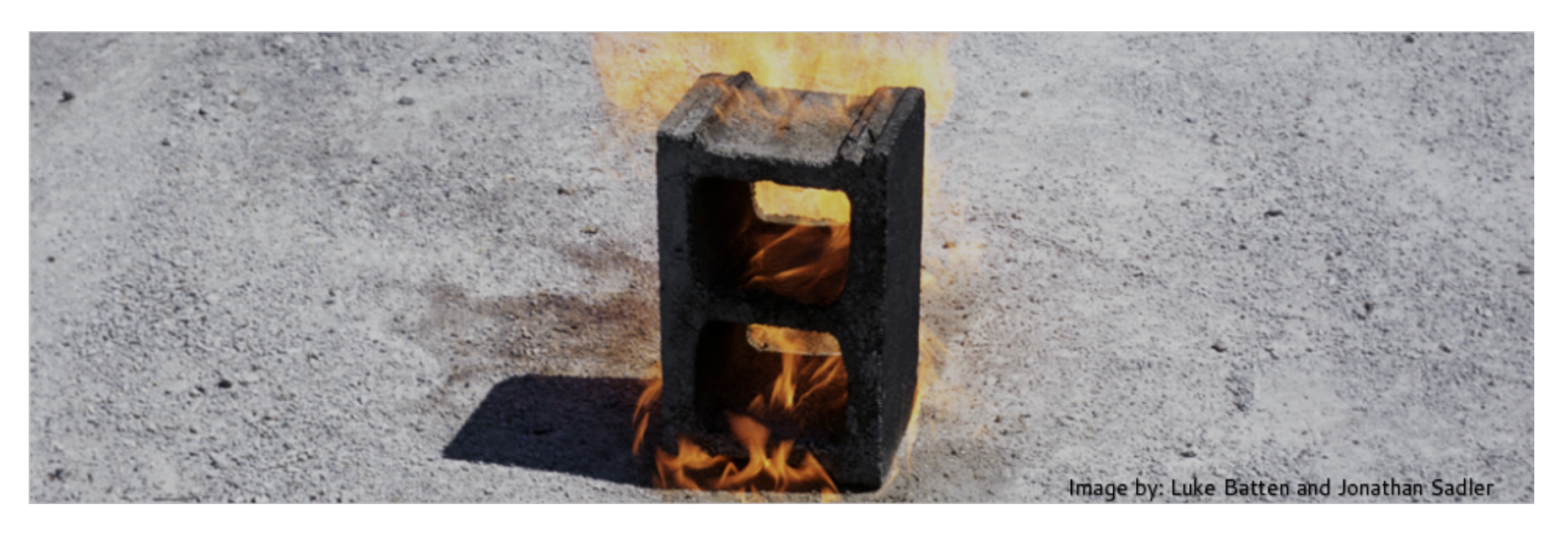With the onset of the COVID-19 pandemic, the Future of Trauma and Memory Studies Reading Group switched from in-person to online meetings. While we greatly look forward to meeting in person again in the future, the Zoom meeting format has given us special opportunities to invite scholars from different institutions, countries, and continents to join in our reading group sessions. Recently, we were honored to host Professor Michael Rothberg from UCLA to discuss his most recent book, The Implicated Subject: Beyond Victims and Perpetrators (Stanford UP, 2019) in a special session held February 12, 2021.
Our session was attended by students and professors from UIUC, UCLA, and Goethe-University Frankfurt, in addition to a myriad of other scholars with whom we are connected through global memory studies networks. The group discussed the Introduction, Chapter 1 (“The Transmission Belt of Domination: Theorizing the Implicated Subject”) and Chapter 2 (“On (Not) Being a Descendant: Implicated Subjects and the Legacies of Slavery”) of The Implicated Subject. The meeting began with introductory remarks from Professor Rothberg, followed by brief responses from Arielle Stambler (PhD student in English, UCLA), Claire Baytas (PhD student in Comparative Literature, UIUC), and Professor Astrid Erll (Anglophone Literatures and Cultures, Goethe-University Frankfurt). The remainder of the session was dedicated to open discussion, where participants from among the over 50 attendees presented their questions and comments on The Implicated Subject to Professor Rothberg and the group.
Going beyond the fixed and frozen positionalities of “victim” and “perpetrator,” the concept of implication investigates the coexistence of complex ways of relating to the past, present, and future. In this manner, drawing on Rothberg’s conceptualization of “implicated subjects,” our discussion focused on different forms of participation, responsibility, and historicity. During our meeting we discussed this new approach to political responsibility that does not limit the scope of “involvement” to categories of victim, perpetrator, or bystander.
Our conversation addressed the varied nuances that surround the concepts of “the implicated subject” and “implication.” Taking inspiration from Professor Rothberg’s opening remarks, one dimension we explored was the relationship between different affects and implication. Our discussion touched on questions such as: are shame and guilt experienced in reaction to implication, or does the category of implication decentralize guilt? Do shame and guilt push us towards accepting collective responsibility, or encourage (a perhaps unconscious) repression of it? Another angle that our discussion touched on was the concept of intersectionality. Drawing on the specific examples that Professor Rothberg focused on in his book (i.e. Combahee River Collective), participants explored and discussed the relationships between the notions of implication, intersectionality and solidarity through examples of social movements from different contexts. These are only a few examples of the variety of topics and questions that were raised during our discussion with Professor Rothberg.
Both the intellectual rigor of our discussion and the enthusiasm of our participants speak to the productive complexity and wide applicability of the notion of implication and the figure of the implicated subject. Whether it be in connection to systemic racism, the climate crisis, or other historical and/or structural injustices, the set of concepts that The Implicated Subject presents will clearly be crucial to draw upon as we negotiate our positions and responsibilities vis-à-vis these pressing issues.
The Future of Trauma and Memory Studies Reading Group is affiliated with the Initiative in Holocaust, Genocide, and Memory Studies and the Humanities Research Institute at UIUC. This interdisciplinary reading group, open to scholars and community members interested in trauma and memory, meets monthly and offers a space to discuss a variety of texts and other media related to the fields of memory and trauma studies.

